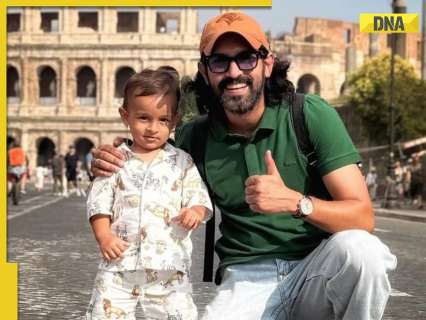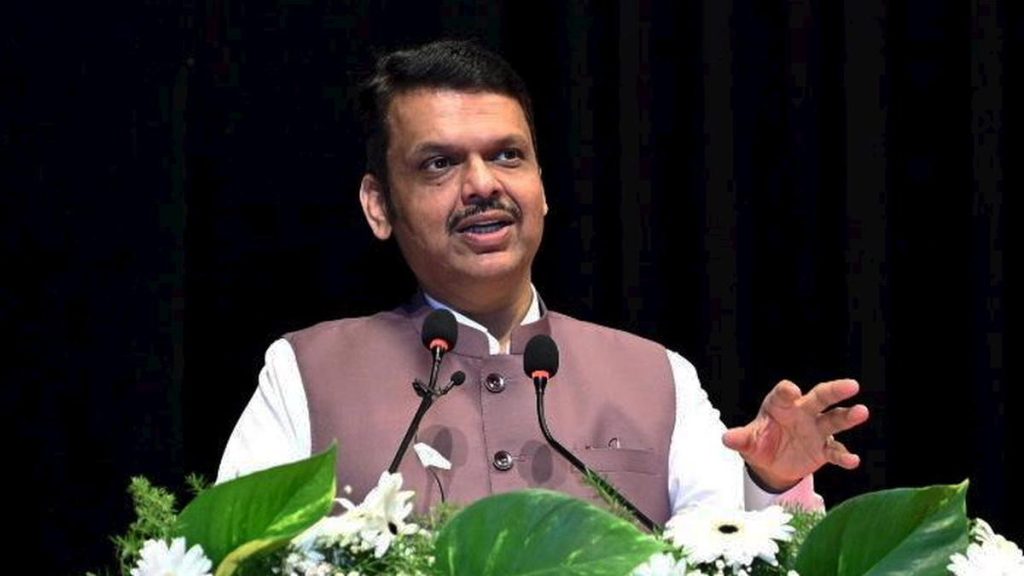Now Reading: Vikrant Massey on Leaving Religion Column Blank in Son’s Birth Certificate: ‘It’s Man-Made…
-
01
Vikrant Massey on Leaving Religion Column Blank in Son’s Birth Certificate: ‘It’s Man-Made…
Vikrant Massey on Leaving Religion Column Blank in Son’s Birth Certificate: ‘It’s Man-Made…

Rapid Summary
- Bollywood actor Vikrant Massey and wife Sheetal have chosen to leave the religion column blank on their son Vardaan’s birth certificate, emphasizing freedom of choice regarding faith.
- Vikrant shared his views on religion during a podcast with Rhea chakraborty, describing religion as “man-made” and stating it should be treated as a personal choice.
- Vikrant comes from a family with diverse religious backgrounds: his father is Christian, mother Sikh, brother converted to Islam at 17, while his wife belongs to a Rajput Thakur family.
- The couple held a namkaran ceremony for their son Vardaan but maintain they prefer not imposing any religious categorization on him.
- Critics questioned Vikrant’s stance online in the past; he admitted such backlash bothered him but remained firm in promoting harmony over labels.
- Following Vardaan’s birth in February 2024,Vikrant announced he was pausing acting briefly to focus on parenting.
Indian Opinion Analysis
Vikrant Massey’s decision to omit religious identification for his son reflects an evolving societal viewpoint prioritizing individual autonomy over categorical affiliations of faith.With India’s richly diverse yet often polarized socio-religious landscape, this approach sends an inclusive message advocating coexistence without boundaries defined by organized religion. His own family background highlights how multiple faiths can coexist harmoniously under one roof when mutual respect prevails.
Practically speaking, this choice challenges conventions deeply rooted in Indian culture where formal documentation frequently aligns identity with conventional paradigms of caste or creed. While divisive opinions may emerge around breaking such norms for children at birth-a sensitive issue viewed differently across communities-it remains meaningful that actions like these initiate wider conversations about identity formation against societal expectations.
By raising awareness about non-impositional parenting approaches rooted in compassion and unity rather than institutional affiliations or rituals alone, Massey opens opportunities for greater acceptance of pluralistic values within India’s evolving narrative.



























